Our pets often hold special places in our hearts, but some animals are definitely more special – or exotic – than others. In the U.S., there are some limits on which animals you can and can’t own as pets. Here are 18 wild animals that you’re not legally allowed to keep in your home.
Big Cats
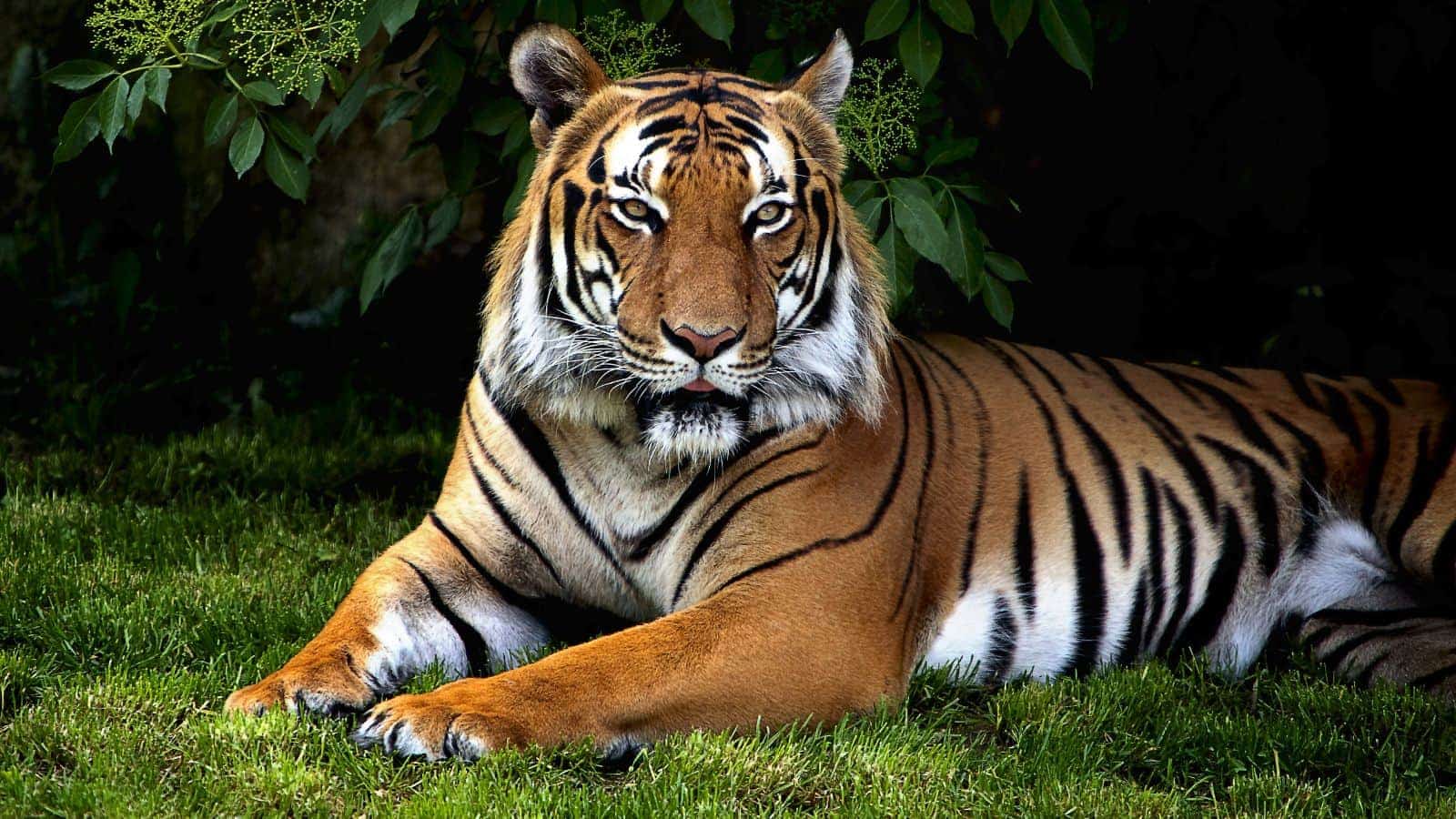
Many states across the U.S. either forbid or tightly control big cat ownership. These powerful animals can be deadly and need specialized diets and environments that you probably can’t provide. Unfortunately, The Guardian states “There are more tigers in American gardens than there are left in the wild.”
Alligators and Crocodiles
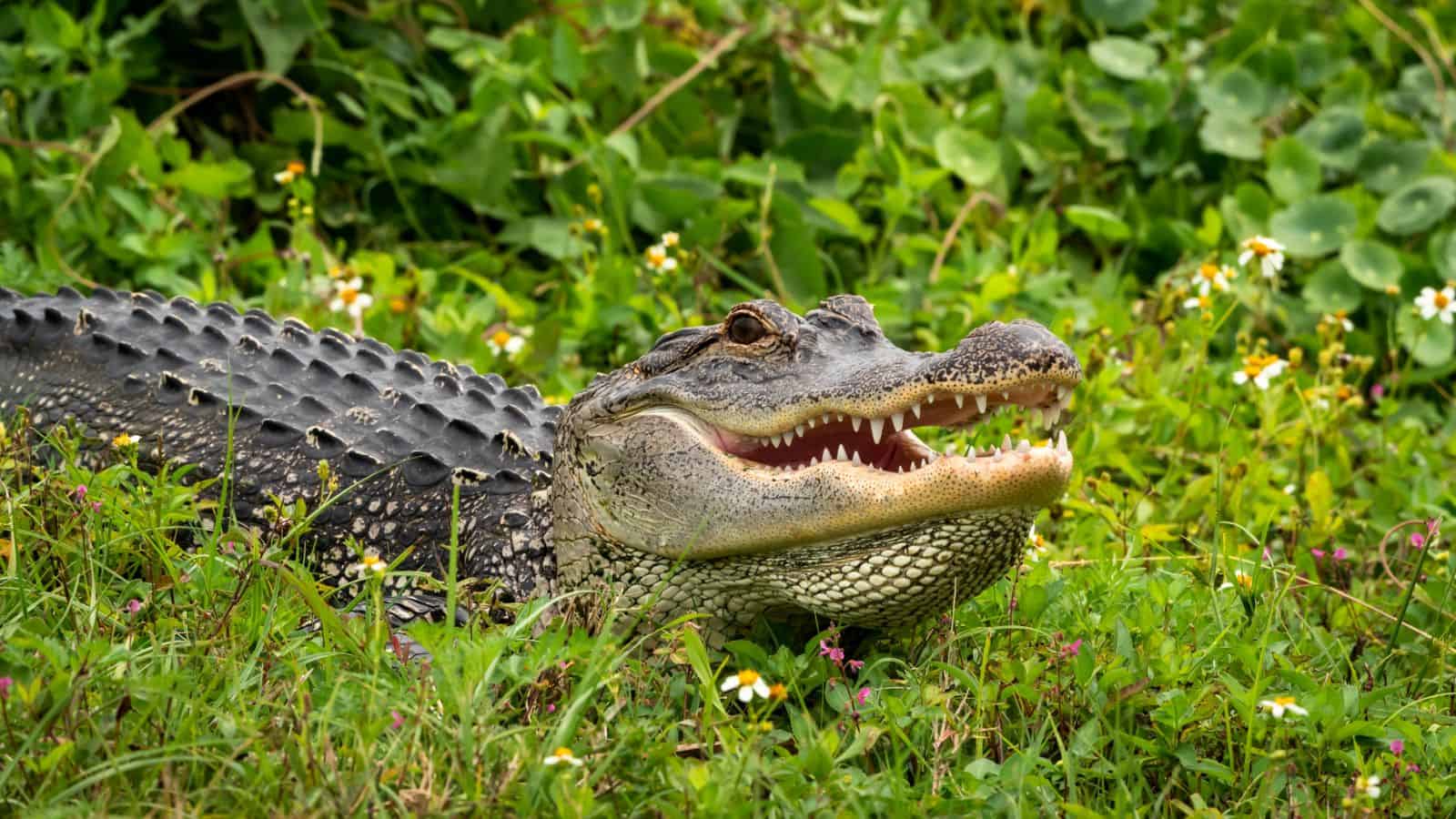
Some people consider even seeing a crocodile or alligator as too close for comfort, while other Americans wish to keep them as pets! They’re very difficult to take care of, as they need large amounts of water and space. Many states such as Nevada, Oregon, and California have banned people from keeping these animals as pets.
Venomous Snakes
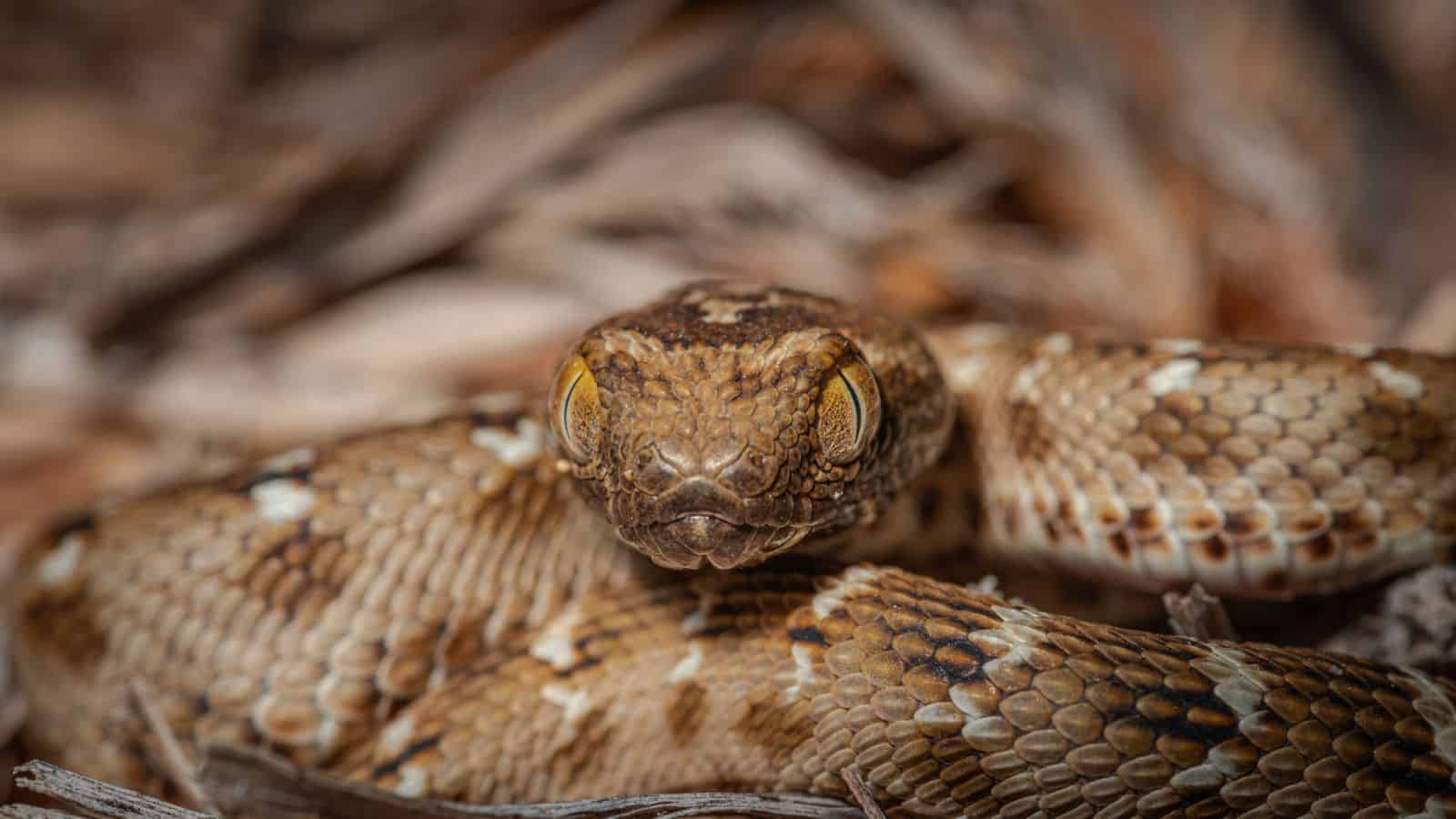
One bite from a venomous snake could be a fatal incident or leave you facing serious health issues for the rest of your life. For this reason, a lot of states have banned them as pets. If you live in Florida, Indiana, or Idaho, for example, you are not legally allowed to own a venomous snake.
Bears
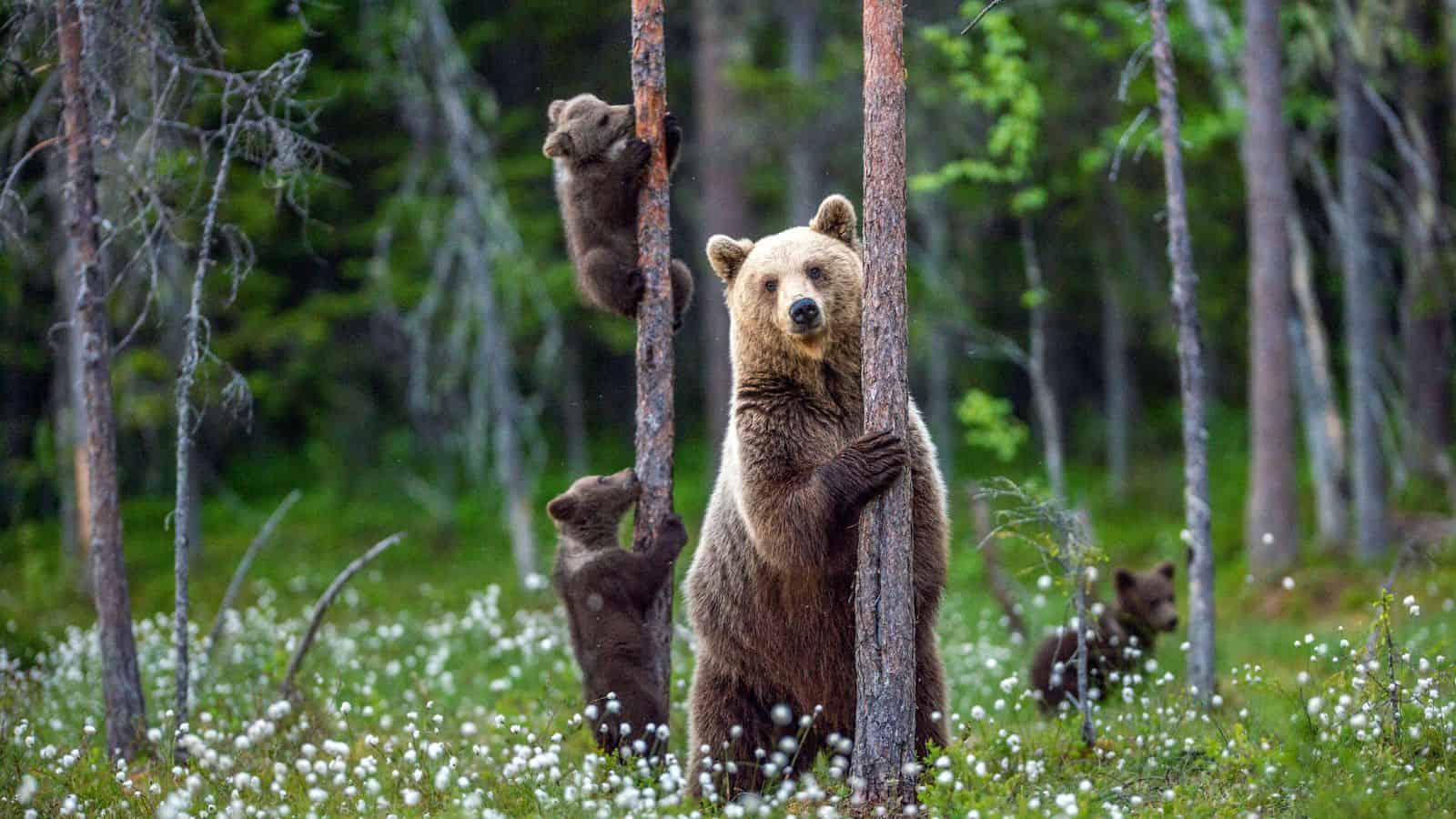
Do you want a huge grizzly bear hanging out in your living room? Due to their sometimes aggressive behavior, it’s not the best idea, and many states have outlawed owning bears because of this. It’s probably for the best – your grocery bill would be sky-high trying to keep up with a bear’s diet!
Wolfdogs

Everyone knows what a wolf is, but what about wolfdogs? The Spruce Pets defines them as “a cross between a domesticated dog and a wolf.” Wolfdogs are explicitly banned in Alaska and North Dakota, as they can be difficult to train and hold onto too many of their wild behaviors to be safe.
Some Monkeys And Apes
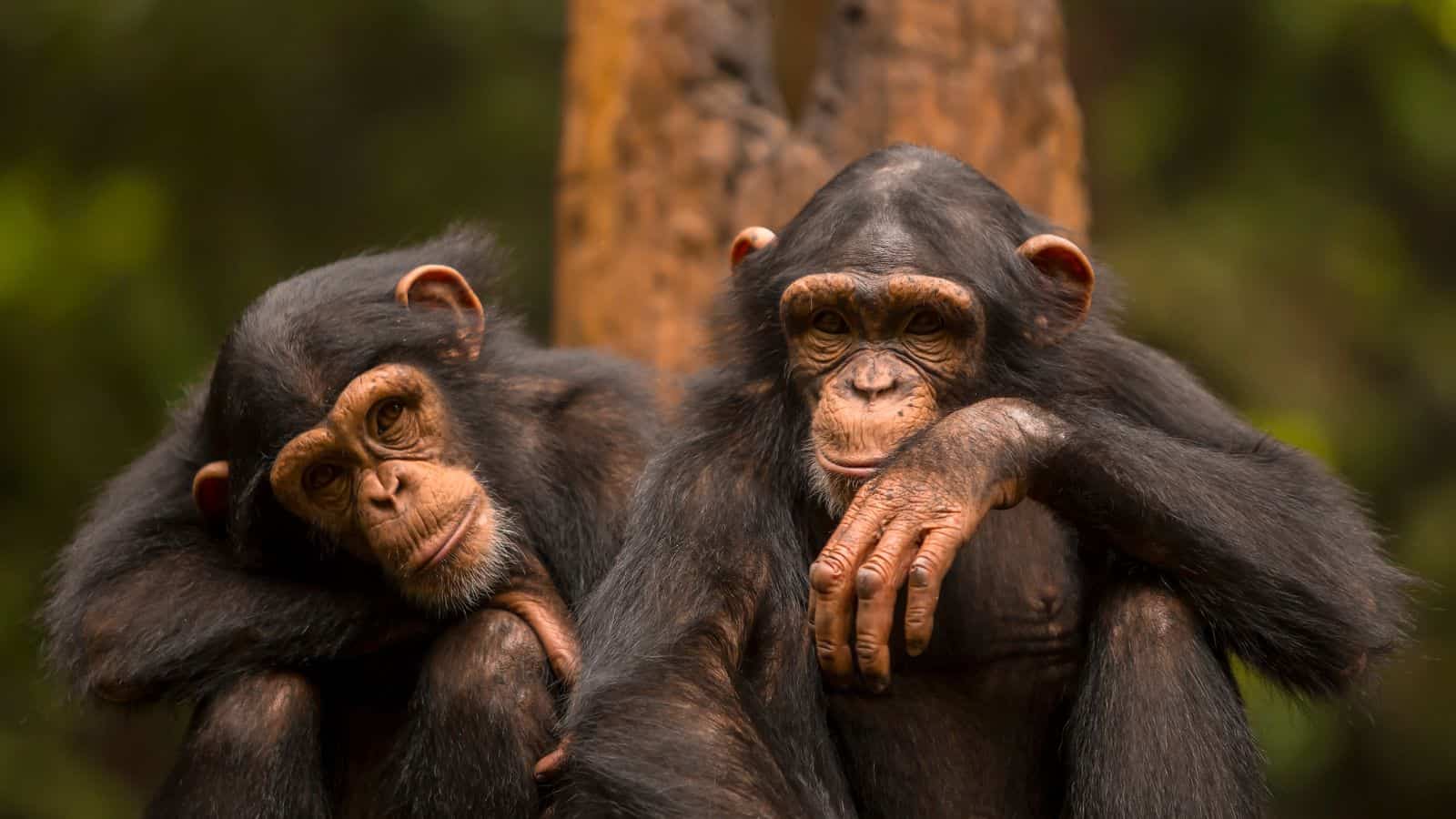
In some states including Nebraska and North Dakota, you’re legally allowed to own primates. This is usually only for small primates. Monkeys and apes could give you diseases and often behave destructively or aggressively in captivity, so it’s not a great idea to have one in your home.
Wild Birds
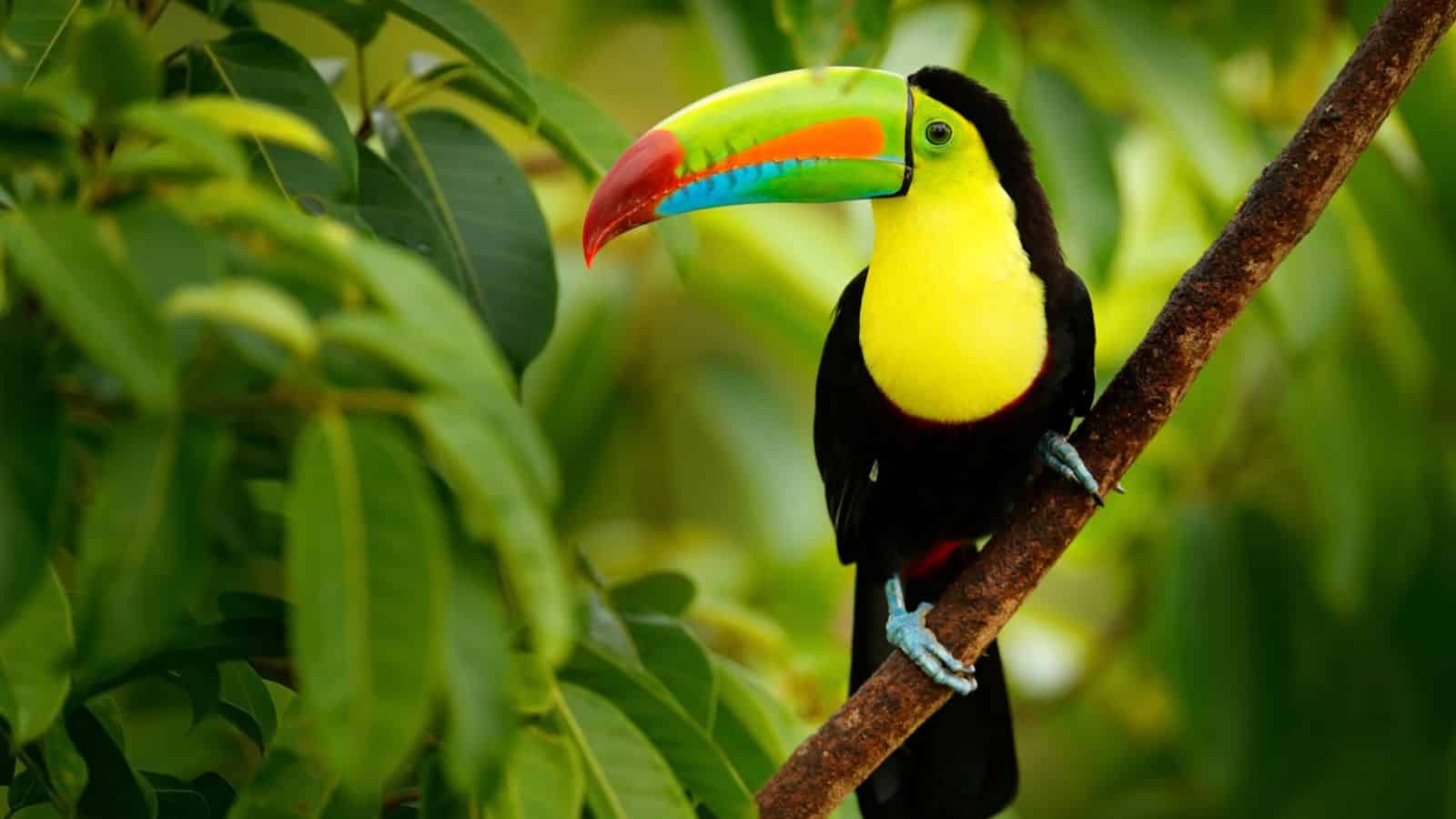
A wild bird can range from the humble robin or crow right up to eagles and owls, and there’s a huge range of suitability for pets within that definition. Some states, like Massachusetts and Alaska, have a blanket ban on the ownership of wild birds, but other states can be more lenient.
Bats
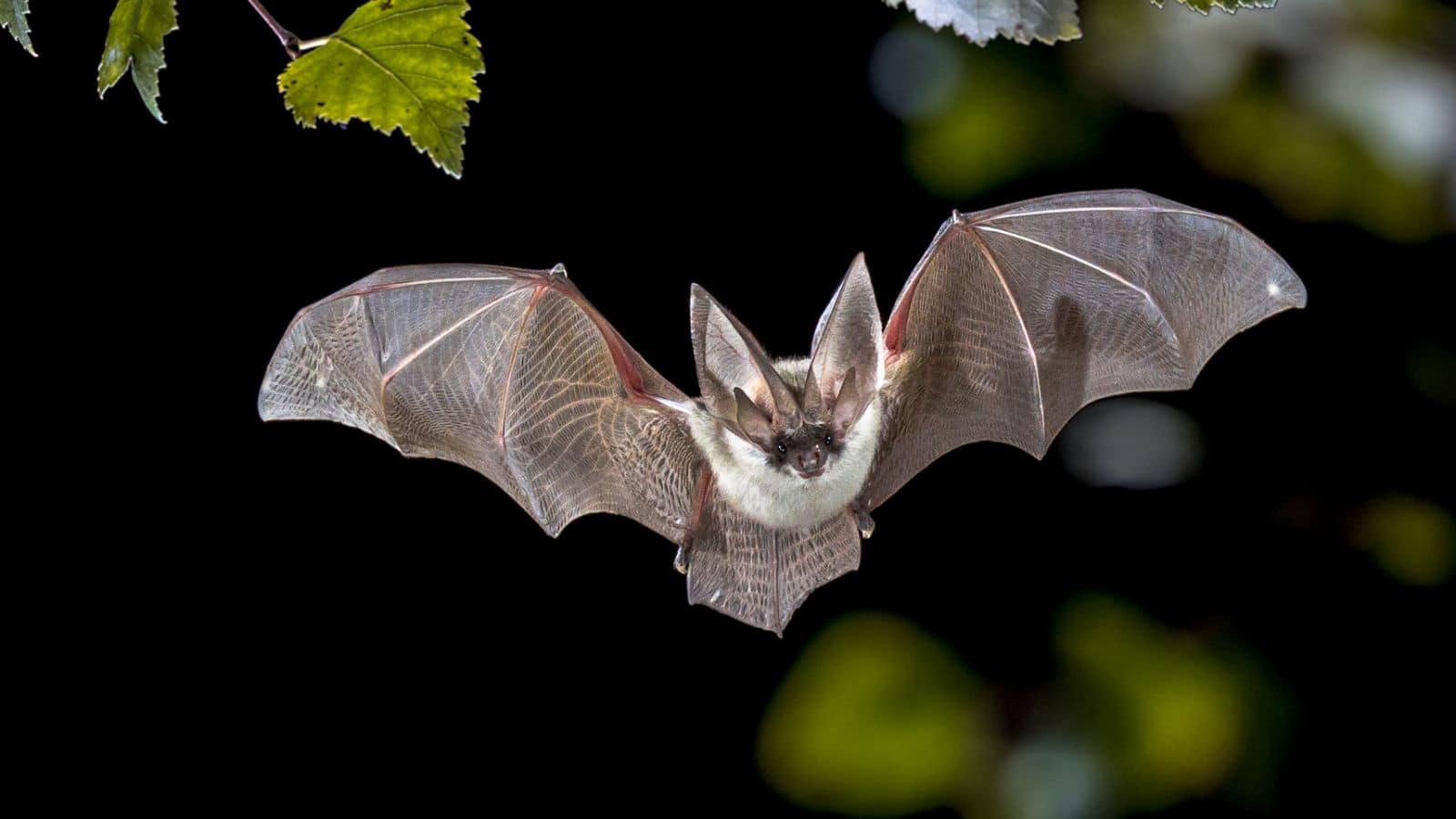
Anyone living in California who wants a pet bat will unfortunately be out of luck, as they’re specifically banned in that state. Bats can carry a lot of diseases like rabies, and they need very particular diets and habitats that are quite difficult to replicate in your home.
Skunks
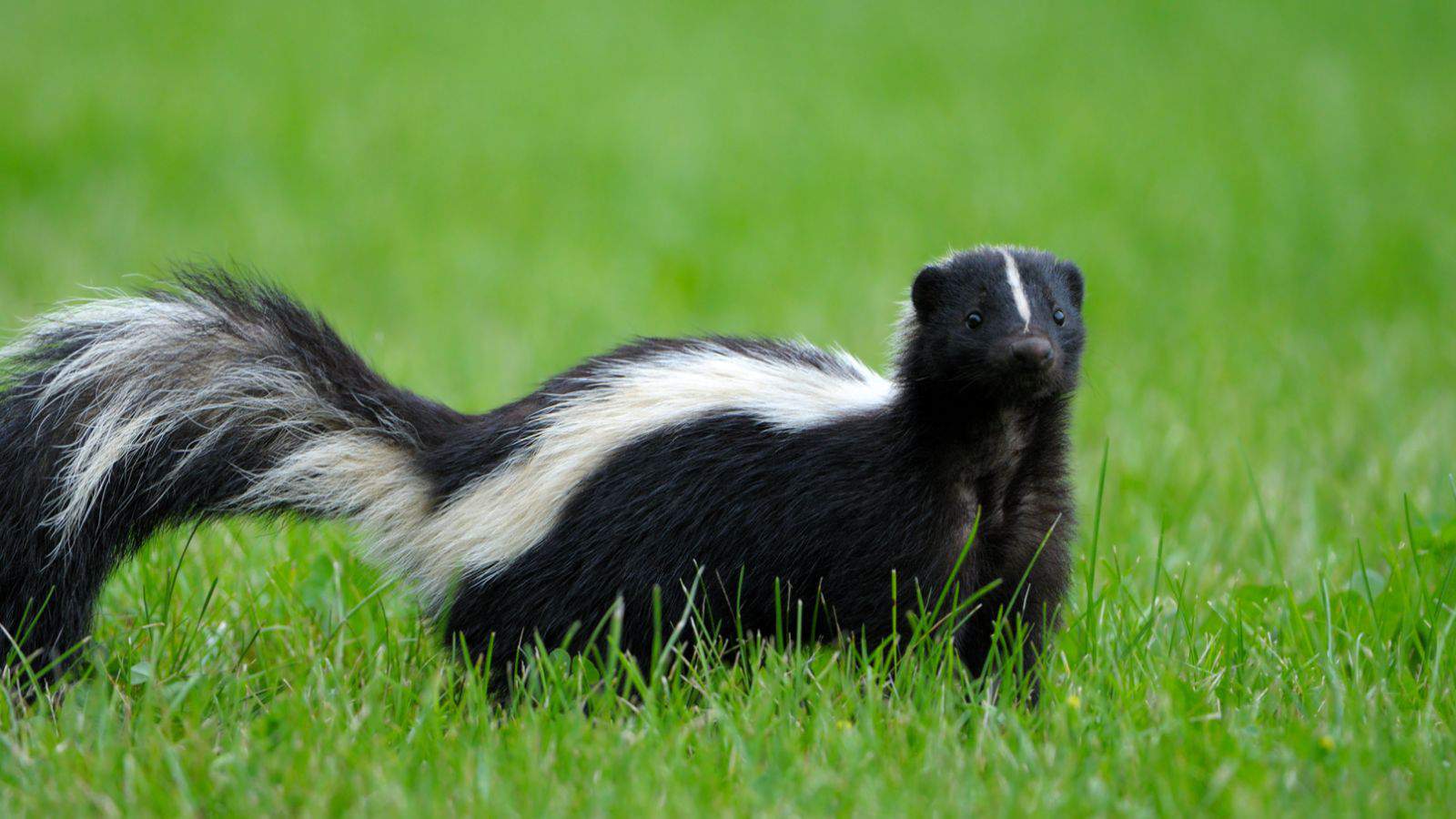
You might wonder why anyone would want a skunk in their home considering their reputation for releasing a horrible smell when scared. Several states, like Maryland, Nebraska, and Alabama, have put laws in place forbidding the ownership of skunks.
Raccoons
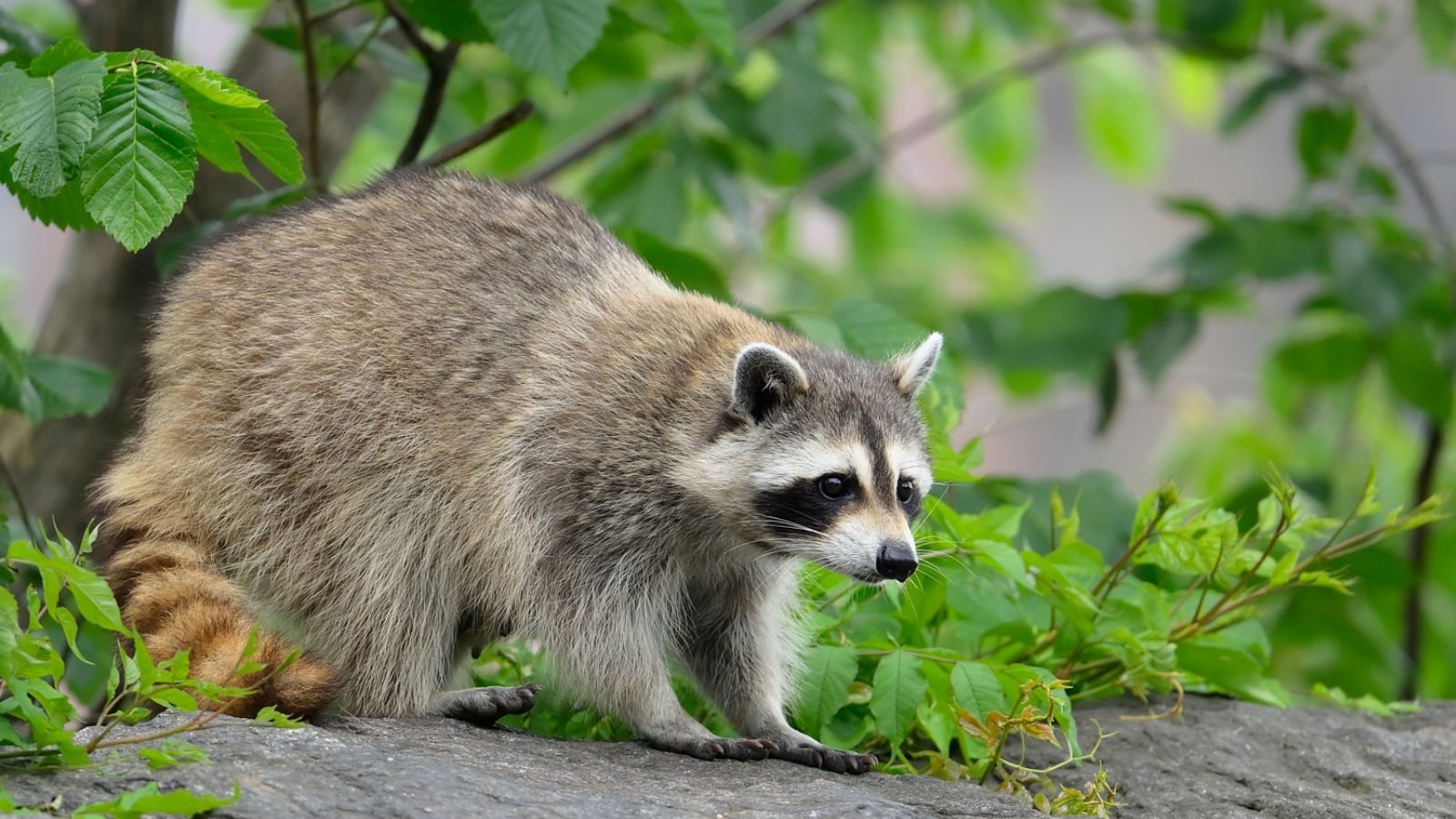
Whenever wild raccoons manage to sneak into people’s homes, they tend to cause chaos and leave a trail of destruction behind them. They can also be dangerous and have a very high chance of carrying rabies. Before taking one into your home, consider that they’re banned in states like Alabama and Maryland.
Elephants
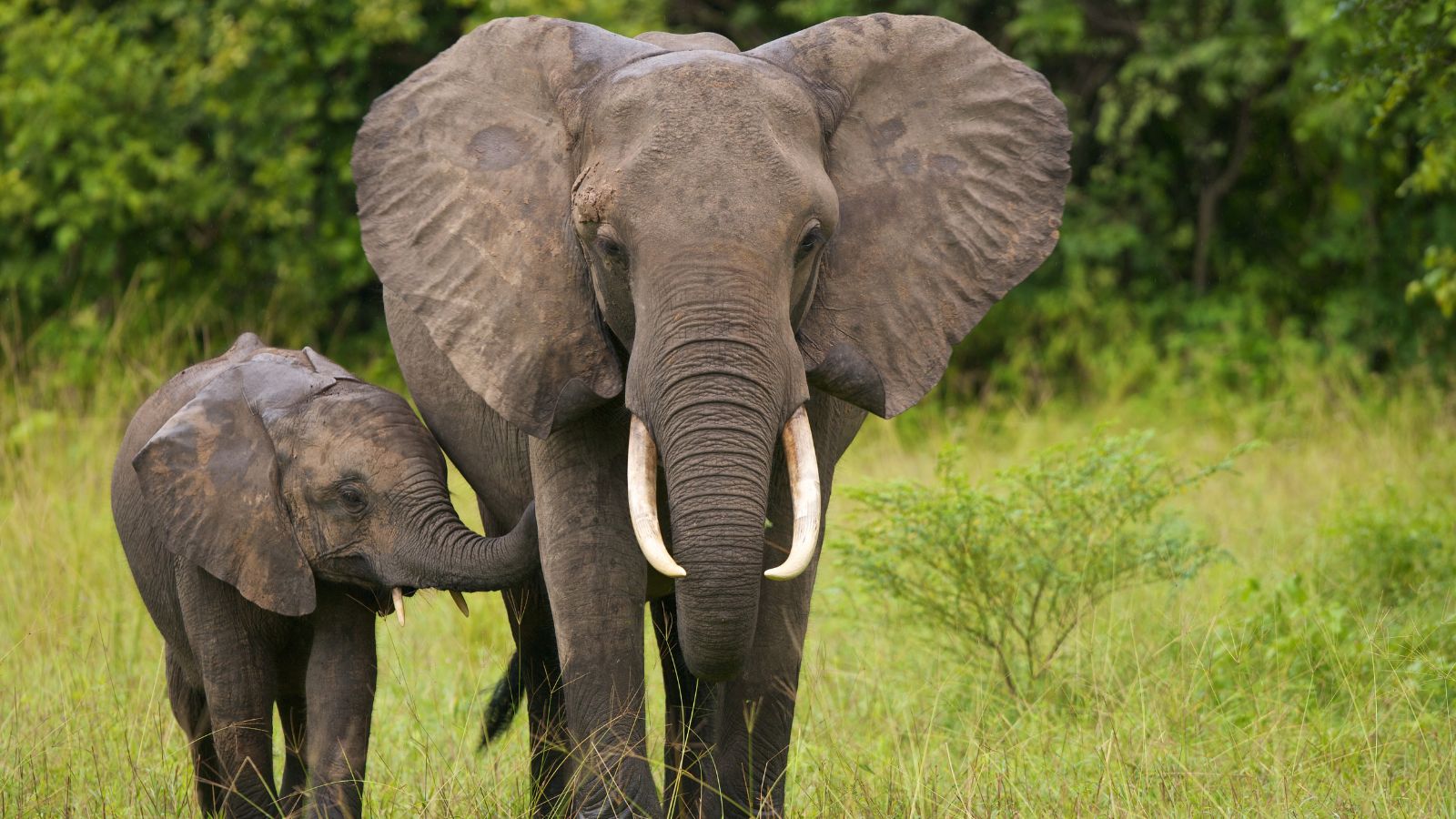
National Geographic suggests that “in some facilities with lone elephants, their handlers believe they’re better off alone, but in others, the elephants show signs of stress and depression.” A captive elephant is not a good family pet, and their ownership is banned or controlled in many states.
Dolphins

It’s very unlikely that you will be able to make a suitable habitat for a dolphin in your backyard. They need specialized diets and veterinary care, and you’re not legally allowed to own them in California, Hawaii, or North Carolina. You’re definitely better off leaving dolphin care to the experts.
Kinkajous

These small animals usually live in the rainforest, so while they’re quite cute and cuddly looking, it’s best to leave them in the wild. They’re nocturnal, which can make them difficult to care for, and they’re currently illegal in fifteen U.S. states.
Hyenas

Taking a pack animal away from its social circle is never a good idea. Hyenas have complex social hierarchies and without them, they can suffer from stress and anxiety. In Texas and Virginia, hyenas are banned as pets due to the danger of keeping them in a household.
Poison Dart Frogs
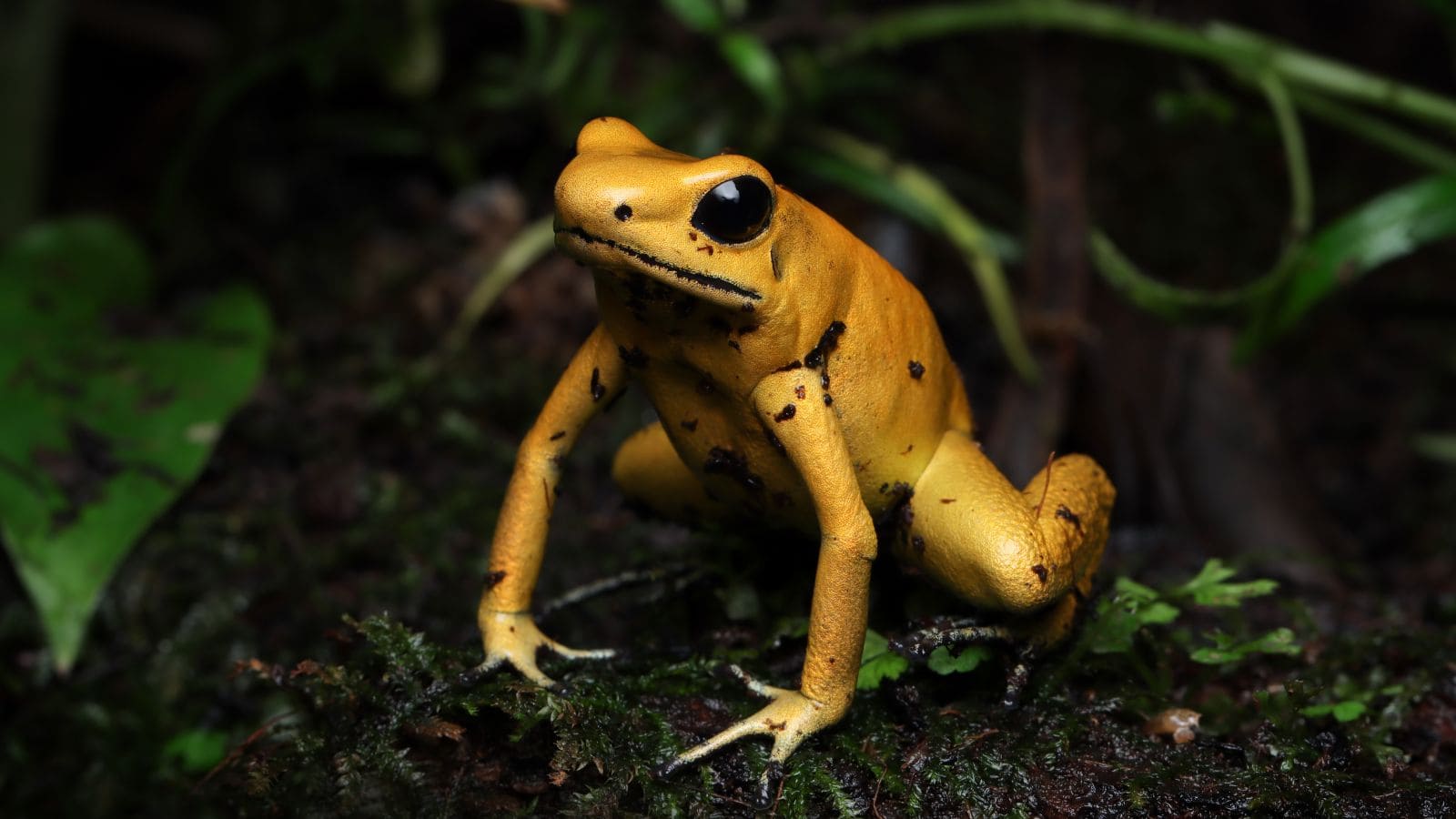
They might be small, but poison dart frogs are extremely deadly and banned in many states. Blue Planet Aquarium suggests that one species is “thought to have enough toxin in its skin to kill 20,000 mice or 20 fully-grown people.” Therefore, you definitely shouldn’t keep a poison dart frog as a pet.
Slow Lorises

A lesser-known exotic animal, slow lorises are similar to the kinkajou in that they look cute, but shouldn’t be pets. They’re nocturnal like kinkajous but they’re also venomous, which means they could be very dangerous in a home. The illegal exotic pet trade devastates their populations, so don’t contribute to this issue.
Pangolins
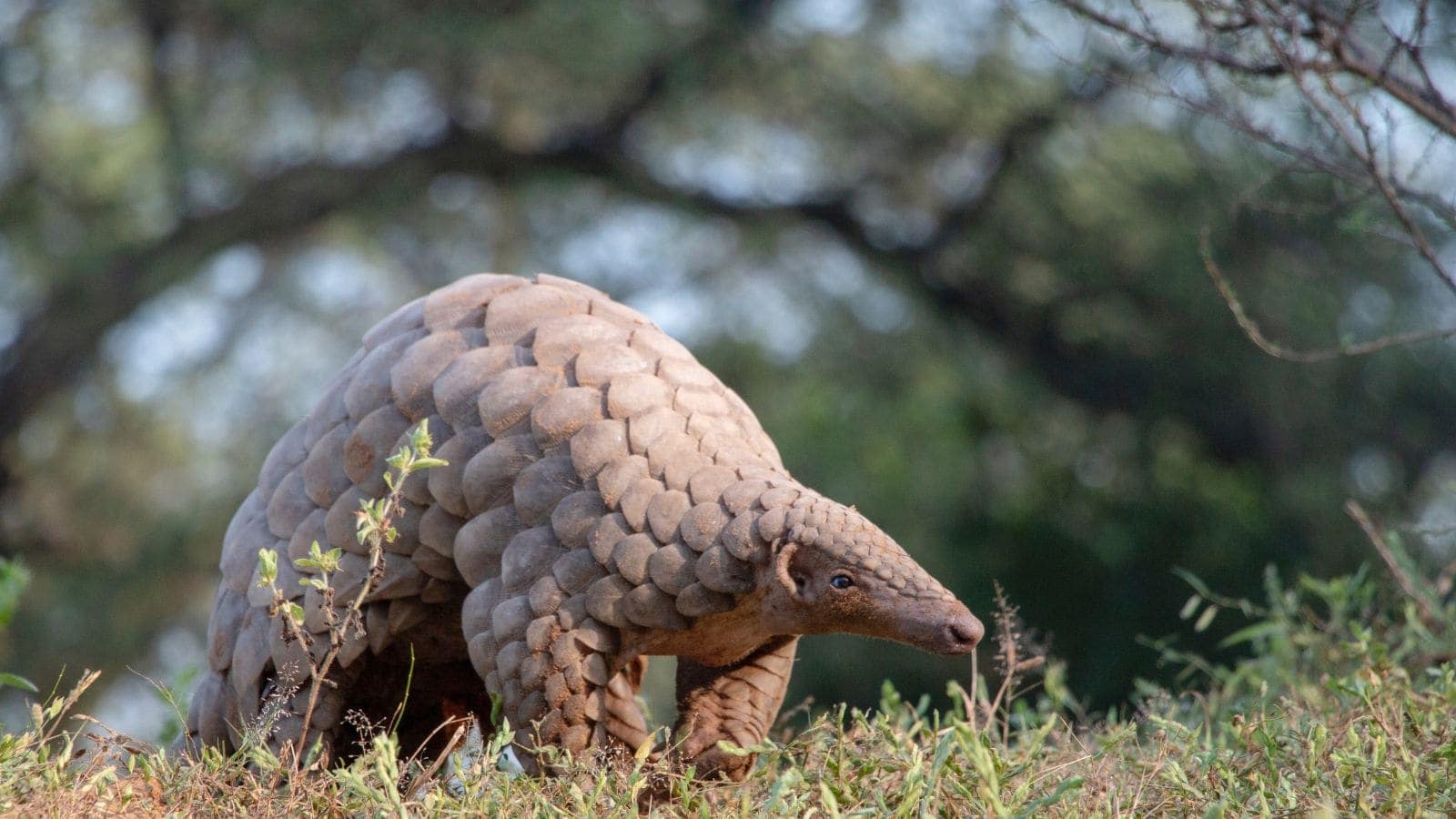
Pangolins are endangered due to poachers hunting them for their scales and meat. There are international treaties and laws in place that prevent people from trading and owning them, hoping to offset the damage caused by illegal hunting. They’re definitely not suitable to be pets in the U.S.
Komodo Dragons
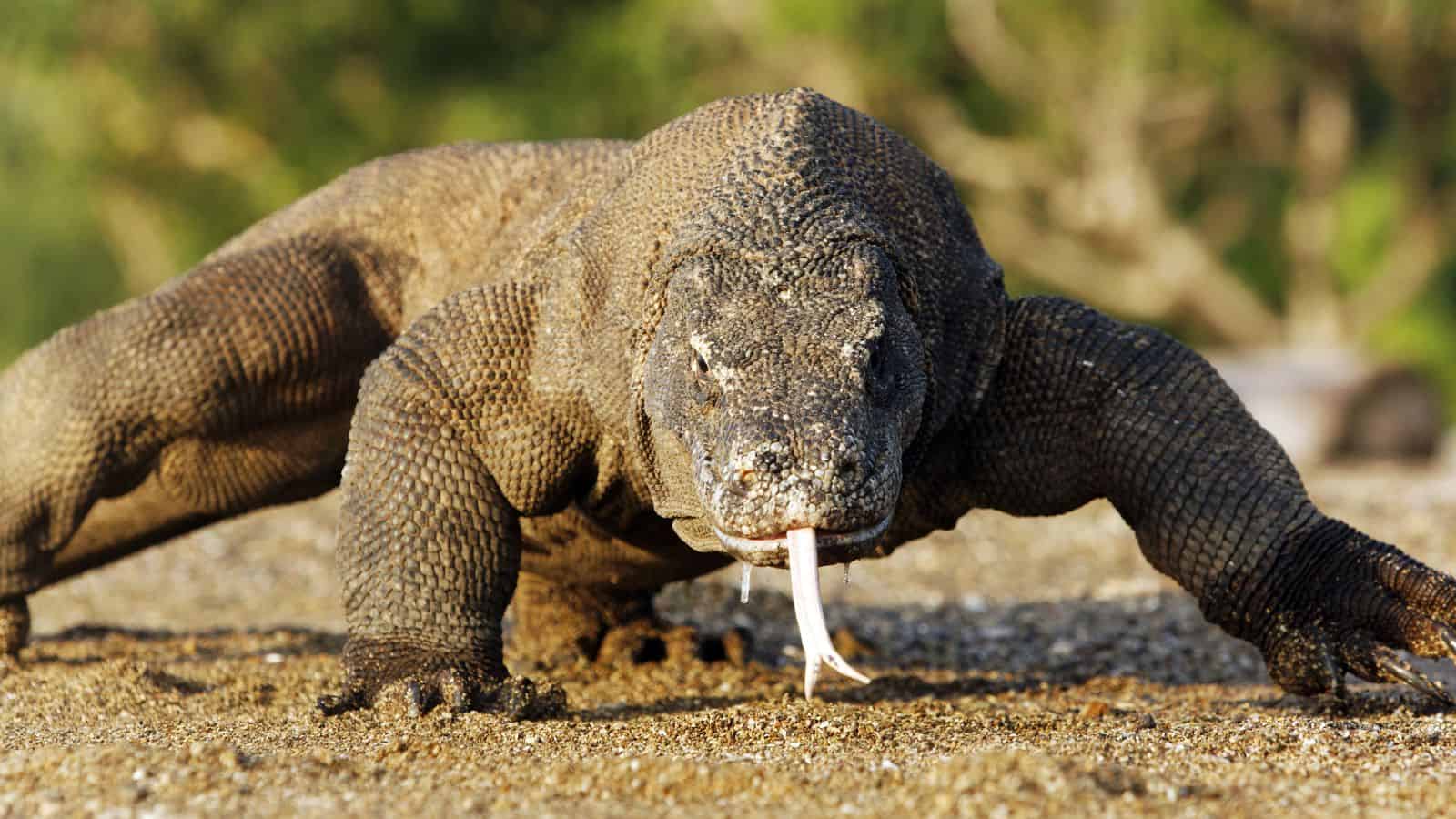
Lots of American states have bans on the ownership of large or dangerous reptiles, such as the Komodo dragon. Our last forbidden exotic pet on this list is venomous, can be aggressive to humans, and is also classified as endangered. A smaller, safer lizard might be a better family pet.
Up Next: 19 Completely False Things About America That Foreigners Think Are True

The U.S. is arguably the most famous country in the world, and people from far-off places often know our flag and president’s name! However, a lot of media coverage and exported movies mean plenty of opportunities for misunderstanding and stereotyping. Here are 19 false assumptions non-Americans often make about ‘the land of the free!’
19 Completely False Things About America That Foreigners Think Are True
20 Loyal Dog Breeds That Will Never Leave Your Side

Since early humans first fed a wolf around a campfire, dogs have been our constant companions and are renowned for making strong bonds with their owners. But which specific types of dogs make the most loyal and devoted pets? This article describes the 20 most unwaveringly loyal canine breeds and the characteristics that make them the ultimate ‘ride or die’ pets!
20 Loyal Dog Breeds That Will Never Leave Your Side
18 Reasons Older Men Say ‘Nope’ To Relationships

Older men embrace being alone and generally prefer spending time in solitude. They’ve had a full, so don’t criticize them for being less social! The following 18 reasons explain why older men prefer to be alone and are redefining how they experience their retirement years.
